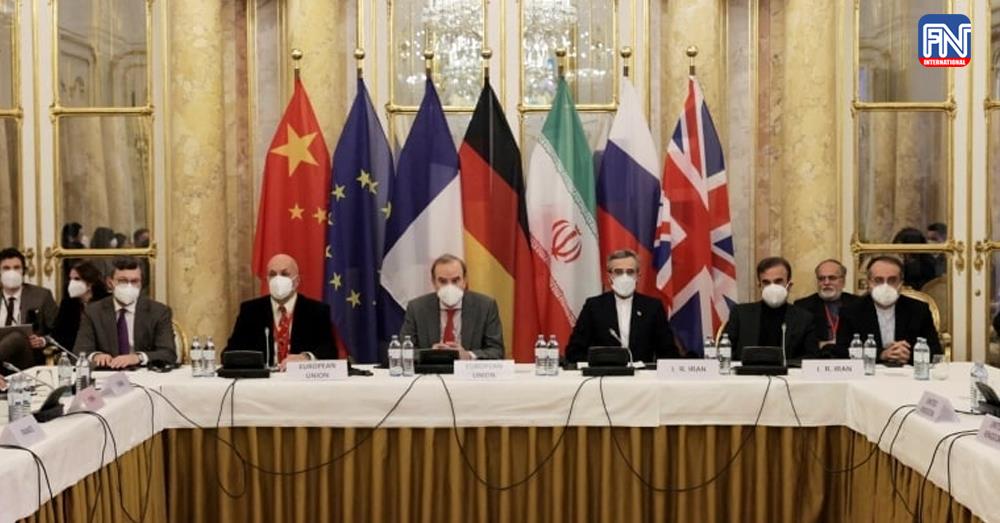TEHRAN, Aug 3 (Aljazeera) - Talks to revive the 2015 nuclear deal between Iran and world powers are set to resume, as representatives from Iran and the United States return to Vienna for a new round of discussions mediated by the European Union.
The bloc’s coordinator for the talks, Enrique Mora, in addition to top negotiators from Tehran and Washington, were reportedly heading back to the Austrian capital on Wednesday for indirect talks that are expected to begin on Thursday.
The original format – also including China, Russia, France, Germany and the United Kingdom, shaping a Joint Commission – that began talks to restore the nuclear accord in April 2021, will be reconvened.
Russia’s chief negotiator Mikhail Ulyanov wrote on Twitter that talks would “resume shortly” and that Russian negotiators “stand ready for constructive talks in order to finalise the agreement”.
Mora said in a tweet that a text proposed by the EU’s foreign policy chief Josep Borrell two weeks ago will be the basis of discussions, with the bloc’s representative once more performing shuttle diplomacy between Iran and the US.
Iran’s delegation will be led by Ali Bagheri Kani, who is expected to put forward Tehran’s ideas on the lifting of US sanctions and safeguard probes on Iran’s nuclear programme, which will be relayed to the US chief negotiator Robert Malley.
Iranian foreign ministry spokesman Nasser Kanani said in a statement on Wednesday that Tehran is serious about achieving a sustainable agreement.
He also expressed hope that “the other parties will also create the conditions for effectively progressing the talks through adopting necessary decisions and seriously focusing on resolving remaining issues”.
Iran’s nuclear chief Mohammad Eslami reiterated earlier this week that IAEA cameras will only be restored after an agreement has been reached to revive the JCPOA.
The country has officially maintained that its nuclear programme is strictly peaceful. Several figures, including Eslami, have said in recent weeks that Iran boasts the technical ability to build a bomb, even though it harbours no plans to do so.
The US, in 2018, unilaterally abandoned the JCPOA, imposing harsh sanctions as part of a “maximum pressure” policy that has been expanded by President Joe Biden since last year.
Iran has gradually advanced its nuclear programme since 2019, and is now growing its stockpile of uranium enriched up to 60 percent using advanced machines in underground facilities.
